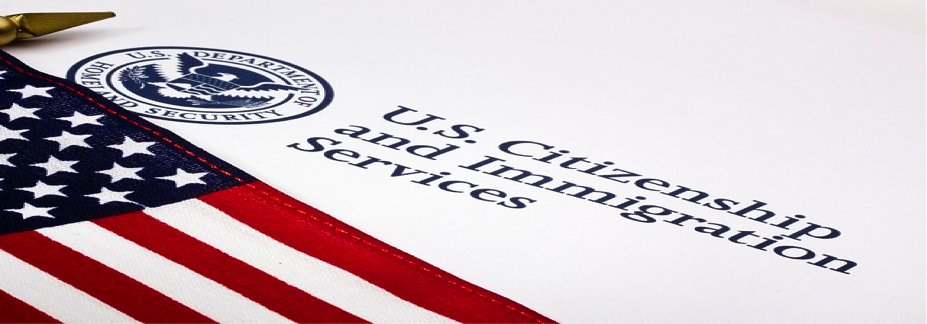I-9 Tips for Employers: Employment Eligibility & Identity Verification
Every employer must complete an I-9 for each employee hired after Nov. 6, 1986, showing they verified the employment eligibility and identity of the new employee. This applies to all employees, including US Citizens and non-citizen nationals automatically entitled to work authorization.
You must make sure to use a current form I-9. You can download the latest I-9 form from the USCIS website here: https://www.uscis.gov/i-9-central
The forms are available in both Spanish and English. However, other than in Puerto Rico, employers in the U.S. and U.S. territories must complete and retain the I-9 English form. Spanish forms may be used for translation purposes as well. The I-9 forms must be completed correctly to avoid penalties.
You do not need to complete a Form I-9 for employees who are:
- Hired on or before Nov. 6, 1986 (except for if employment is in the Commonwealth of the Northern Mariana Islands (CNMI)) who are continuing in their employment and have a reasonable expectation of employment at all times
- Employed for casual domestic work in a private home on a sporadic, irregular or intermittent basis
- Independent contractors or employed by a contractor providing contract services (such as employee leasing or temporary agencies) and are providing labor to you
- Not physically working on U.S. soil.
Timing of Completion
Complete section 1 of I-9 on Hire Date or Start of Employment
Complete section 2 of I-9 by 3rd day of Hire Date
Documentation
The law is very specific as to what documents can be used to verify employment eligibility and identity of employee. However, you may not specify which document(s) the employee must present.
Note: Certain specific rules re: acceptable documents apply to E-verify (online verification system used by some employers) process.
If you choose to make copies of the documents, do so for all employees, regardless of national origin or citizenship status, or you may be in violation of anti-discrimination laws.
Also note: Although you, as an employer, may choose or assign someone else to complete Section 2 for you, this individual must carry out full Form I-9 responsibilities and do so correctly. You will be liable for any violations in connection with the form or the verification process, even if committed by your agent.
Reverification
Reverification rules apply in certain circumstances. Please familiarize yourself with reverification requirements. Please note that you must reverify an employee’s employment authorization on Form I-9 no later than the date that the employee’s employment authorization or EAD expires. (whichever is sooner)
However, reverification is never required for U.S. citizens and noncitizen nationals. Also, you do not need to reverify U.S. passports, Permanent Resident Cards and similar documents and List B documents.
Certain rules apply in the event of re-hires, leaves of absence, layoffs, mergers and other interruptions in employment. These matters need careful consideration before determining whether to reverify, which documents to request and which employees to include in the reverify process.
Penalties
Lastly, employers are cautioned to review Anti-Discrimination laws and take care not to apply the I-9 verification process in a discriminatory manner. Special care must be given to avoid discrimination in recruitment, hiring and verification processes.
Further, employers must take care to avoid retaliatory actions against employees.
Civil and criminal penalties are possible against employers who:
- Engage in a pattern or practice of knowingly hiring unauthorized employees or continuing to employ unauthorized employees knowing that they are or have become unauthorized to work in the United States,
- Have committed national origin or other prohibited discrimination under Title VII or other federal law
- Have knowingly committed or participated in acts relating to document fraud
The Law Office of Atoosa Vakili assists employers in ensuring compliance with I-9s, E-Verify and other relevant employment regulations. Self-initiated internal audits are a recommended procedure for employers to ensure compliance and to avoid penalties in the event of an audit by USCIS or the Dept. of Labor. Further, we can assist with training programs, designed to reduce chances of erroneous policies or practices and to avoid government penalties or employee related discrimination claims.
Please ask about our complimentary initial consultation, which includes a limited audit of internal written policies and procedures.



